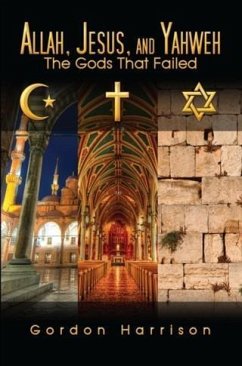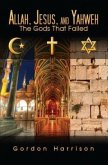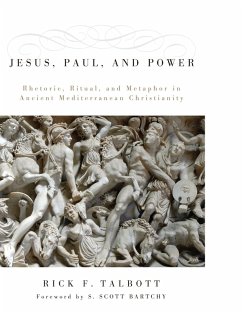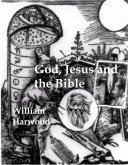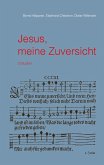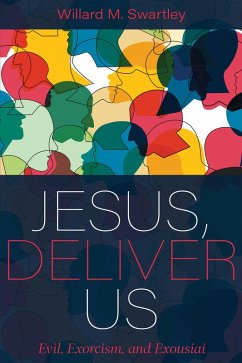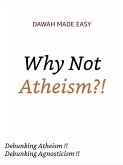Perhaps you feel that freedom once won will always be with us. If so, then Chapter 2 is for you. Both psychology and history teach us how quickly it can be lost. Freedom is a river, but rivers may be dammed and their turbulent creative waters turned into compliant lakes bent to a single purpose. We will investigate this perilous danger with an eye to avoiding it.
Some believe that religion and science can't be in conflict because their areas of interest and expertise don't overlap. Chapter 3 exposes this myth by contrasting the research methods of biblical scholars and scientists as they both seek to discover the beginning of time. Their conclusions are astoundingly different. For people everywhere, their results have far-reaching consequences. Whichever path you follow-religious or scientific-will profoundly influence all aspects of your life.
For all those who believe the Bible is an unerring source of perfect morality, I suggest they read Chapter 4, "On human Bondage." This chapter concentrates on one great moral failure in the Bible and the Qur'an: both are pro-slavery from beginning to end. Not a word, not even a murmur against slavery in all their "sacred" books. The final page of this chapter reveals the first person in recorded history to speak out against slavery-he/she was not a member of the Abrahamic religions.
Chapter 5 discusses numerous topics found nowhere else in anti-theistic writings. For example, the Roman God Mithras was the model for Jesus and most church ritual! Since both Mithras and Jesus were saviors, celebrated the Eucharist, and had identical birthdays, this parallelism disturbed early Christians. This chapter discloses who Mithras was and why he became the archetype for Jesus.
After the triumphant early Catholic Church eradicated Mithraism, it turned its weapons inward to stray Christian sects, like Gnosticism. This group had some intriguing ideas on the origins of the name Jesus and his number, a subject called gematria mentioned nowhere else in today's literature.
The curious relationship between Shakespeare and the 46th Psalm deserves investigating.
We end this entertainment with a full course of bubbly, hot, cheesy Pastafarianism with meat balls plus a side order of quotations from their sacred text, The Loose Canon.
Chapter 6, "God's Messengers," gives the reader a hilarious look at the second, more recent, team of God talkers: Muhammad and Joseph Smith uncovering delusion and fraud respectively. Mark Twain, who owned a copy of The Book of Mormon, wrote, "It is such a pretentious affair and yet so slow, so sleepy, such an insipid mess of inspiration. It is chloroform in print."
But comic relief is close at hand with the magic underpants Mormons wear and their penchant to polygamy. Evidently, with thirty-seven wives, Smith didn't have his magic undies on most of the time. But the winner in the absurdity sweepstakes is the Mormon belief that when Jesus returns he will keep a summer home in Jackson County, Missouri, the original Garden of Eden don't you know.
For all those who falsely believe we would be running naked through the streets without the God-given morality of holy books, I recommend Chapter 7, "Morals and Man." We can do better-we have done better-than an Old Testament that descends to the level of stoning women and children to death for a little dalliance or disobedience.
A close reading of the New Testament reveals a side of Jesus rarely mentioned. He was not always a paradigm of great moral
Dieser Download kann aus rechtlichen Gründen nur mit Rechnungsadresse in A, B, BG, CY, CZ, D, DK, EW, E, FIN, F, GR, HR, H, IRL, I, LT, L, LR, M, NL, PL, P, R, S, SLO, SK ausgeliefert werden.

